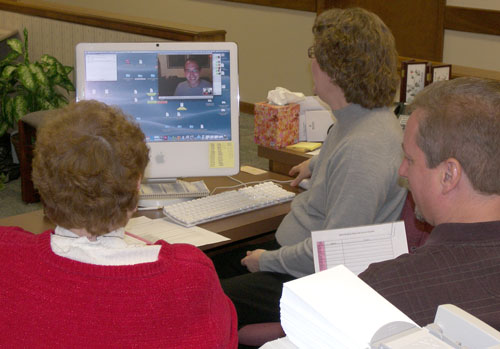31 Jul Digital Real Estate
Greg Atkinson wrote a good blog item called “Digital Real Estate.” He admonishes churches and pastors to be proactive in reserving names for themselves on key social media sites, like Facebook and Twitter.
I’ve written about the need for churches to reserve a domain name for themselves, even if they don’t intend to use it right away. Domain names are very cheap real estate. If you find a name you like, I suggest reserving it for 10 years or longer. At NetworkSolutions.com, you can do that for $180, a 48% discount from the one-year rate. Network Solutions is good about bugging you when it’s time to renew. Unfortunately, every year one or two UB churches forget to renew their domain name, and must start over with web and email addresses.
But some real estate is free. We’ve reserved several Twitter accounts which we don’t currently plan to use (ubyouth, ubwomen). I just wanted to get possession of the names. Likewise for Facebook (as Greg Atkinson points out). If blogging interests you, get a Blogger.com account in your name.
Just focus on the most popular sites. You might want to get a Gmail account in your church’s or your personal name, or Flickr. Keep on the lookout, and make sure you write down the login name and password, especially if you don’t plan to use it right away.



